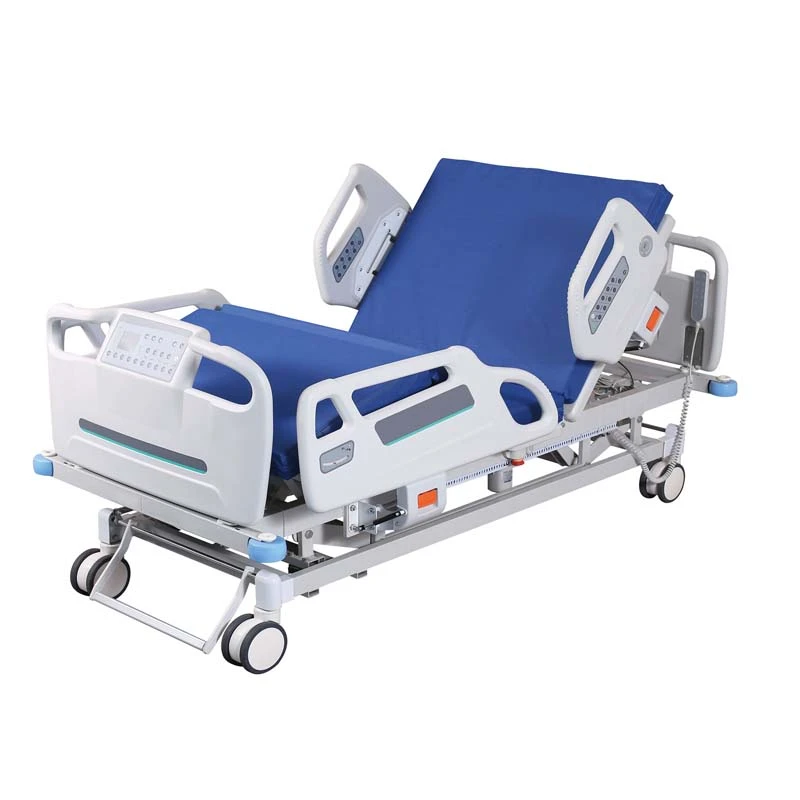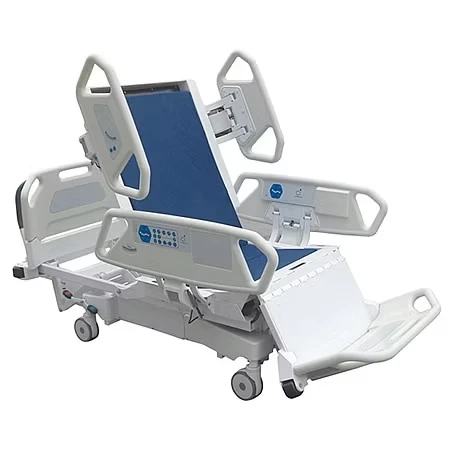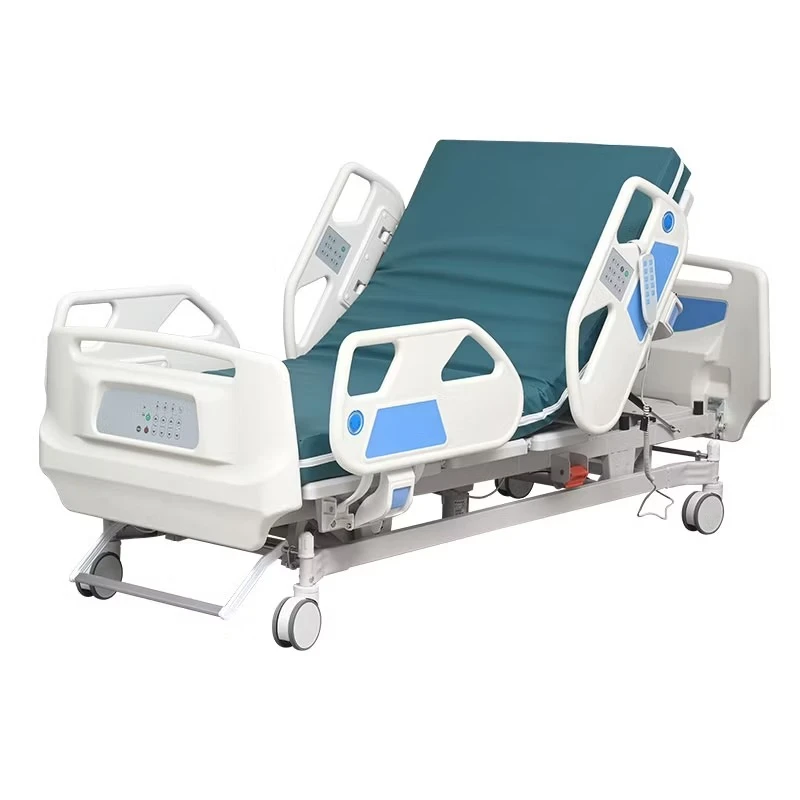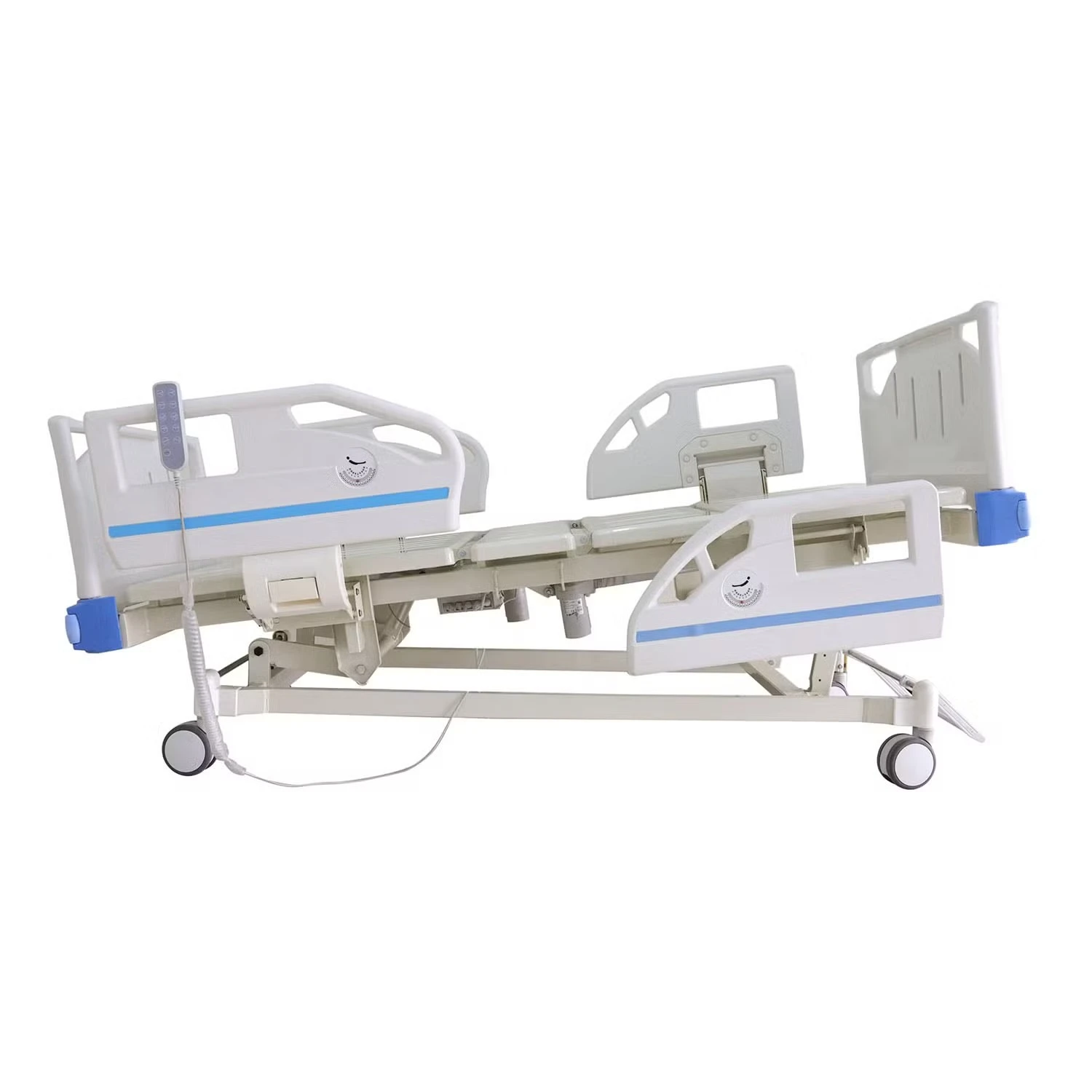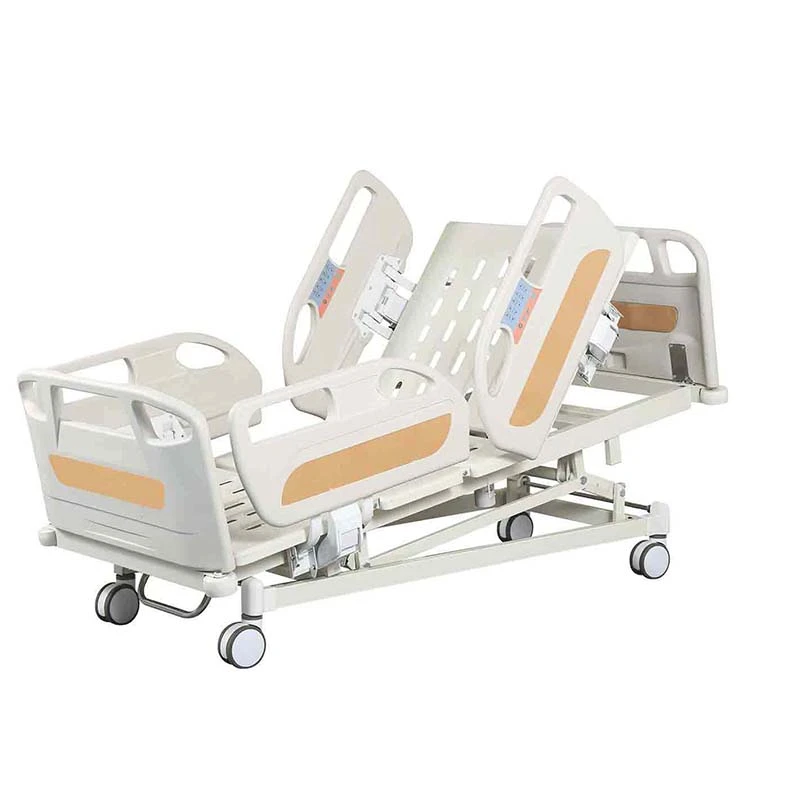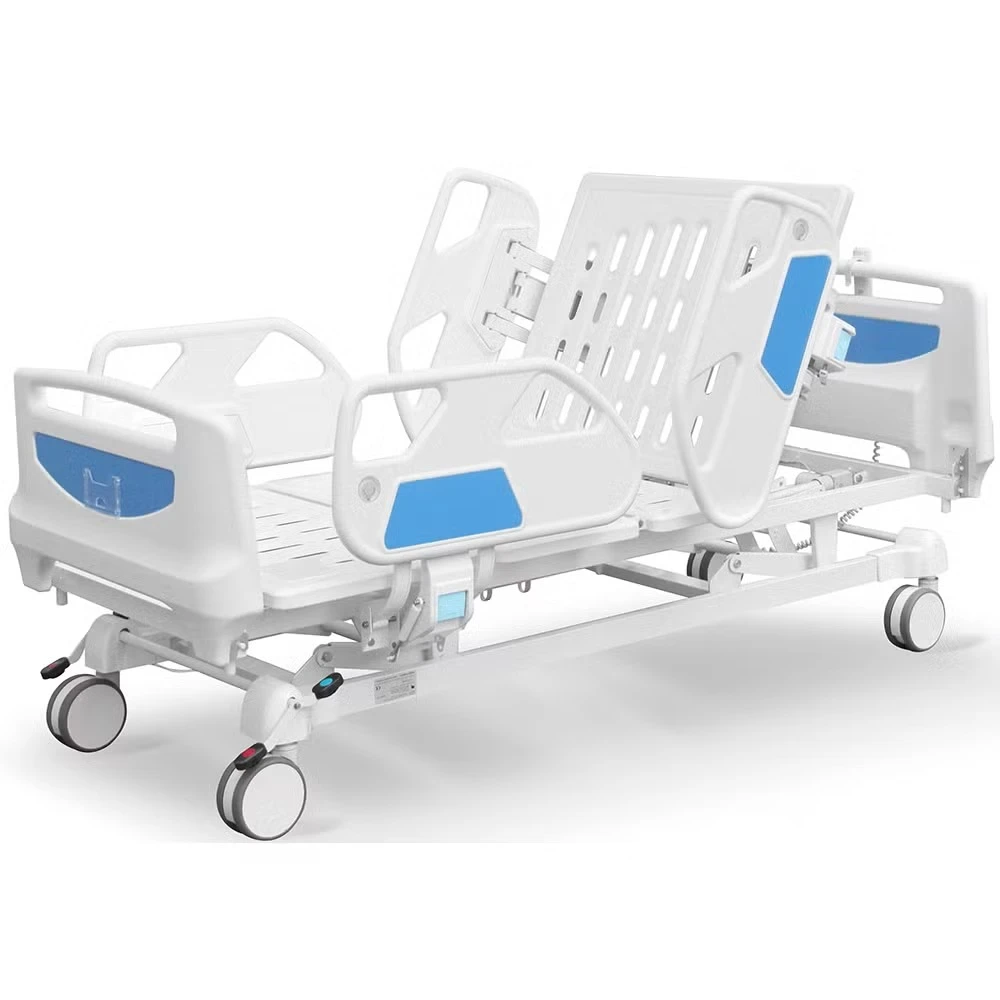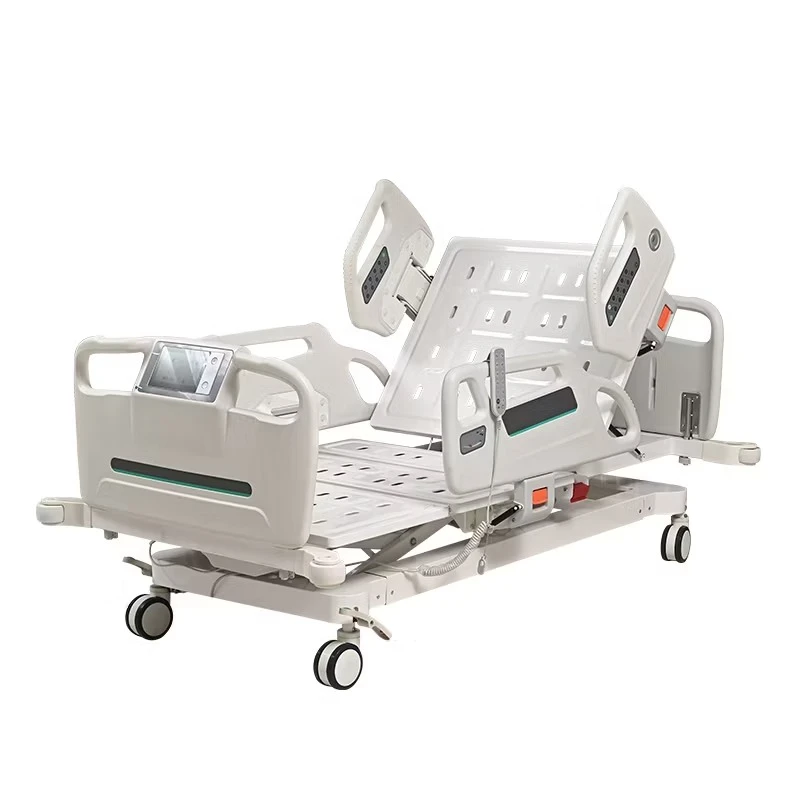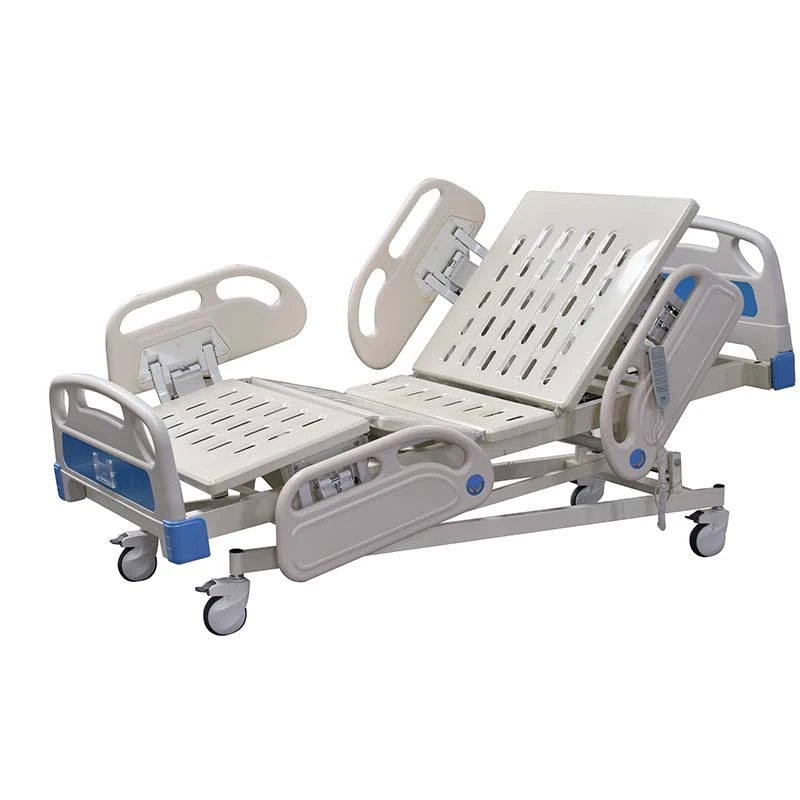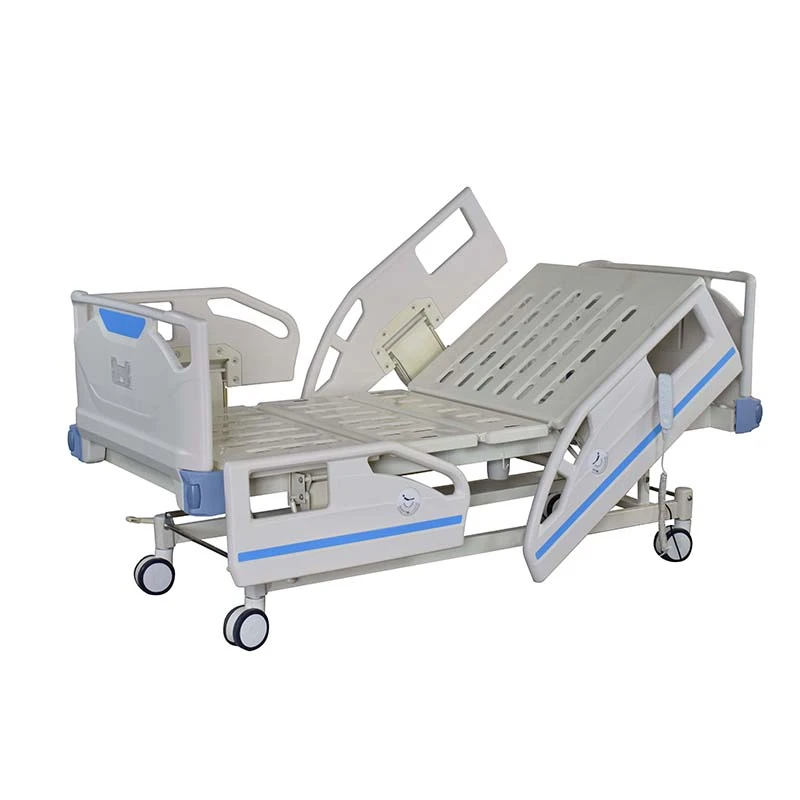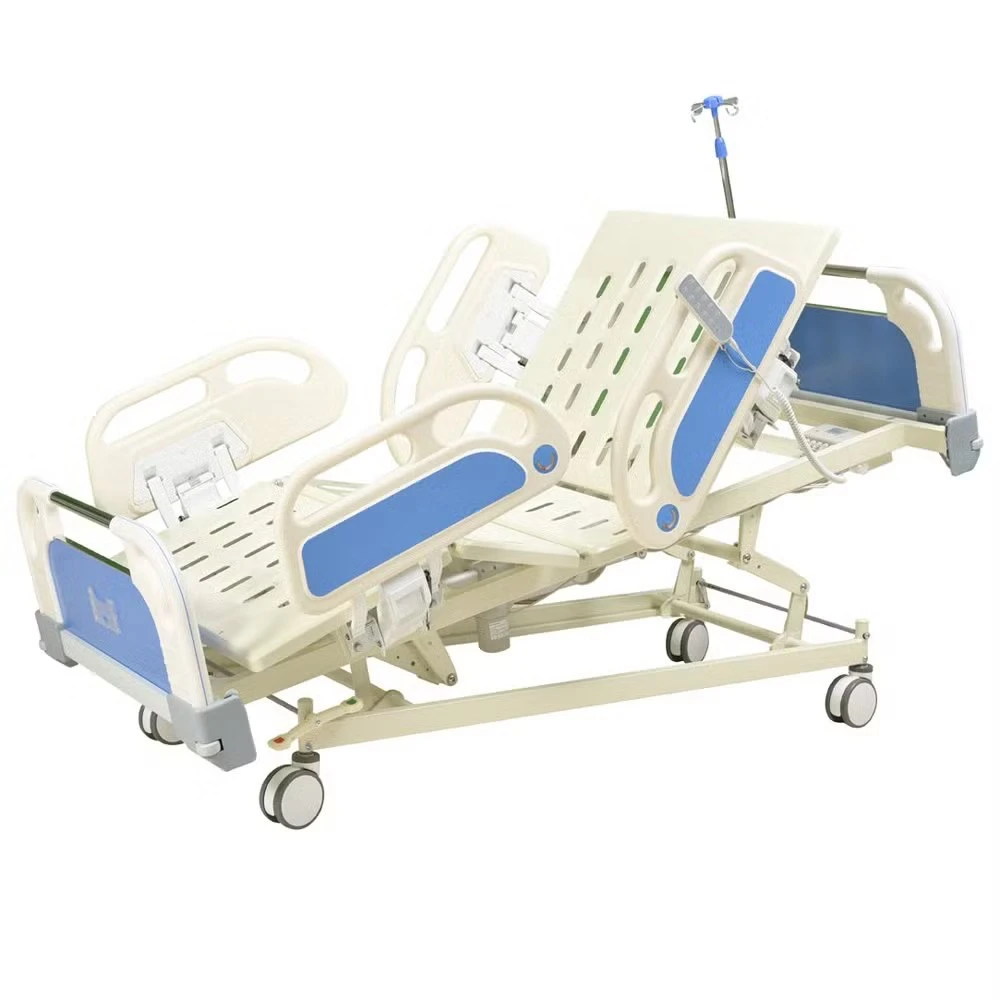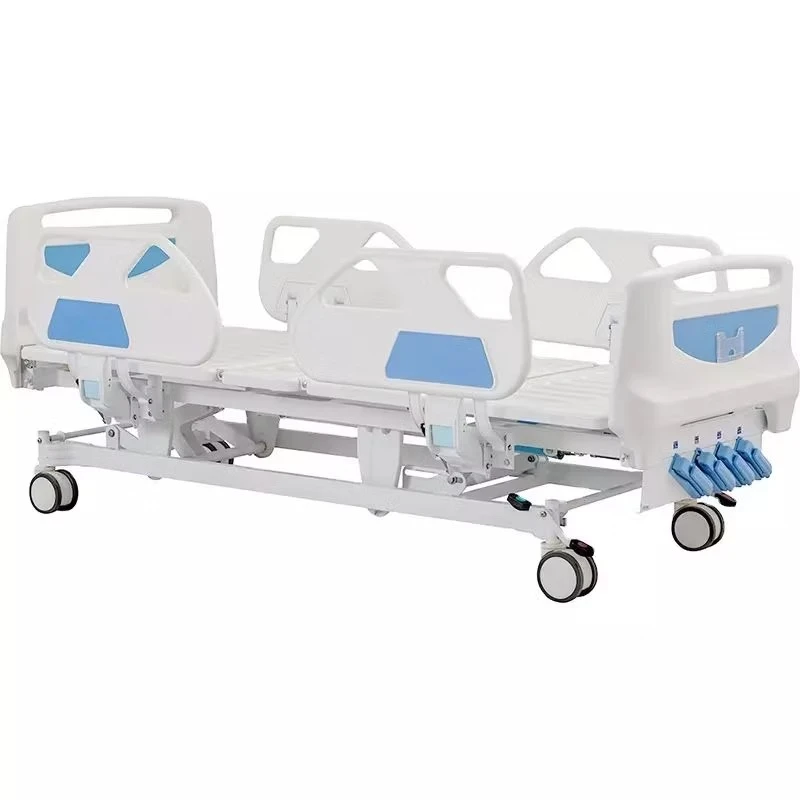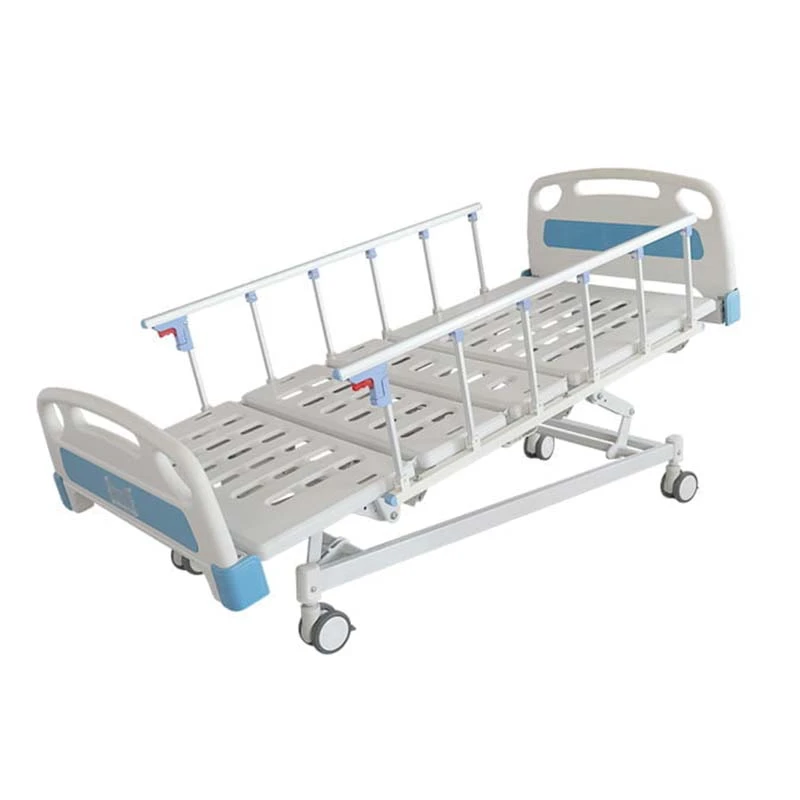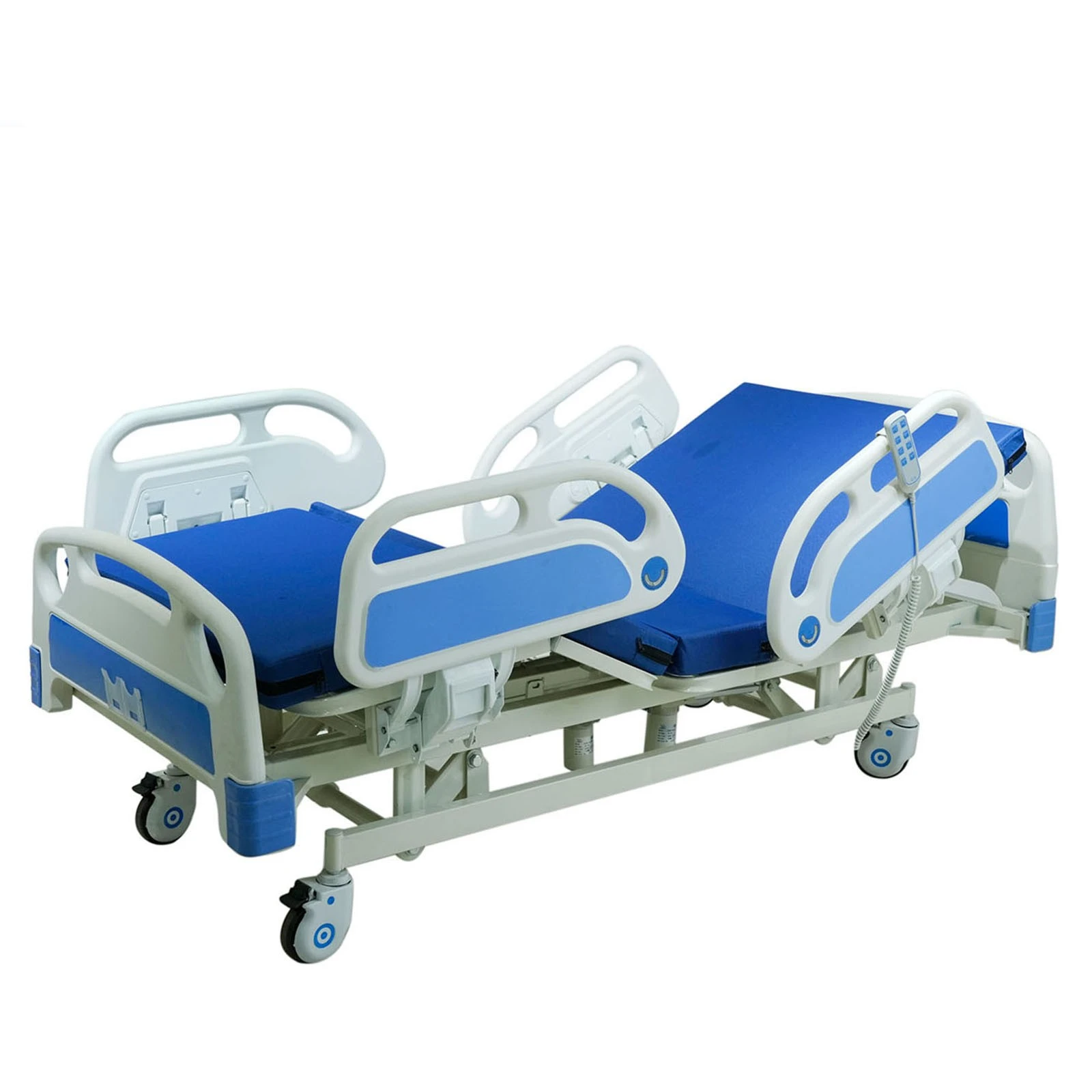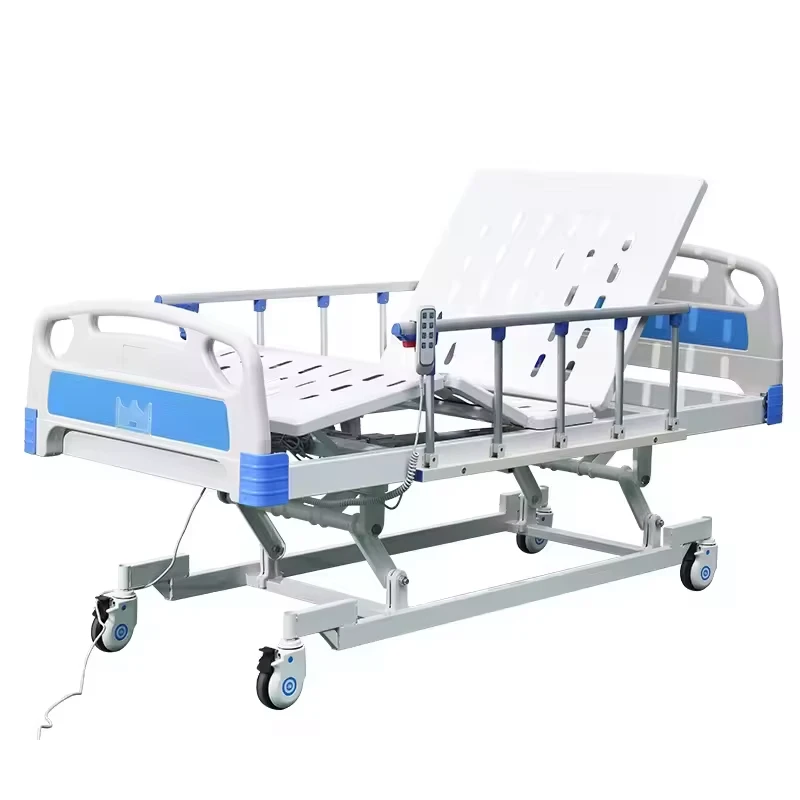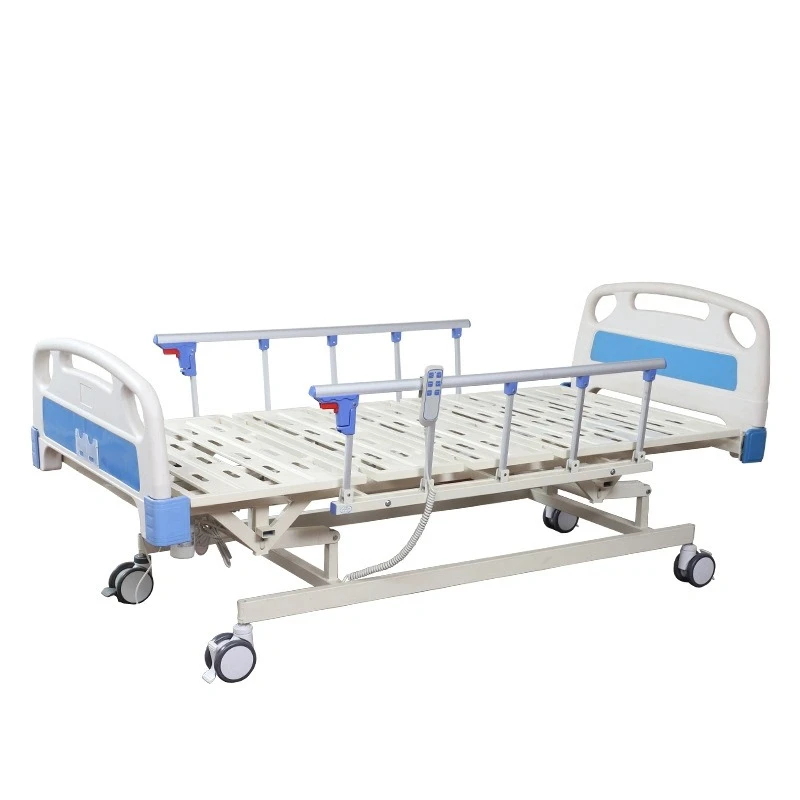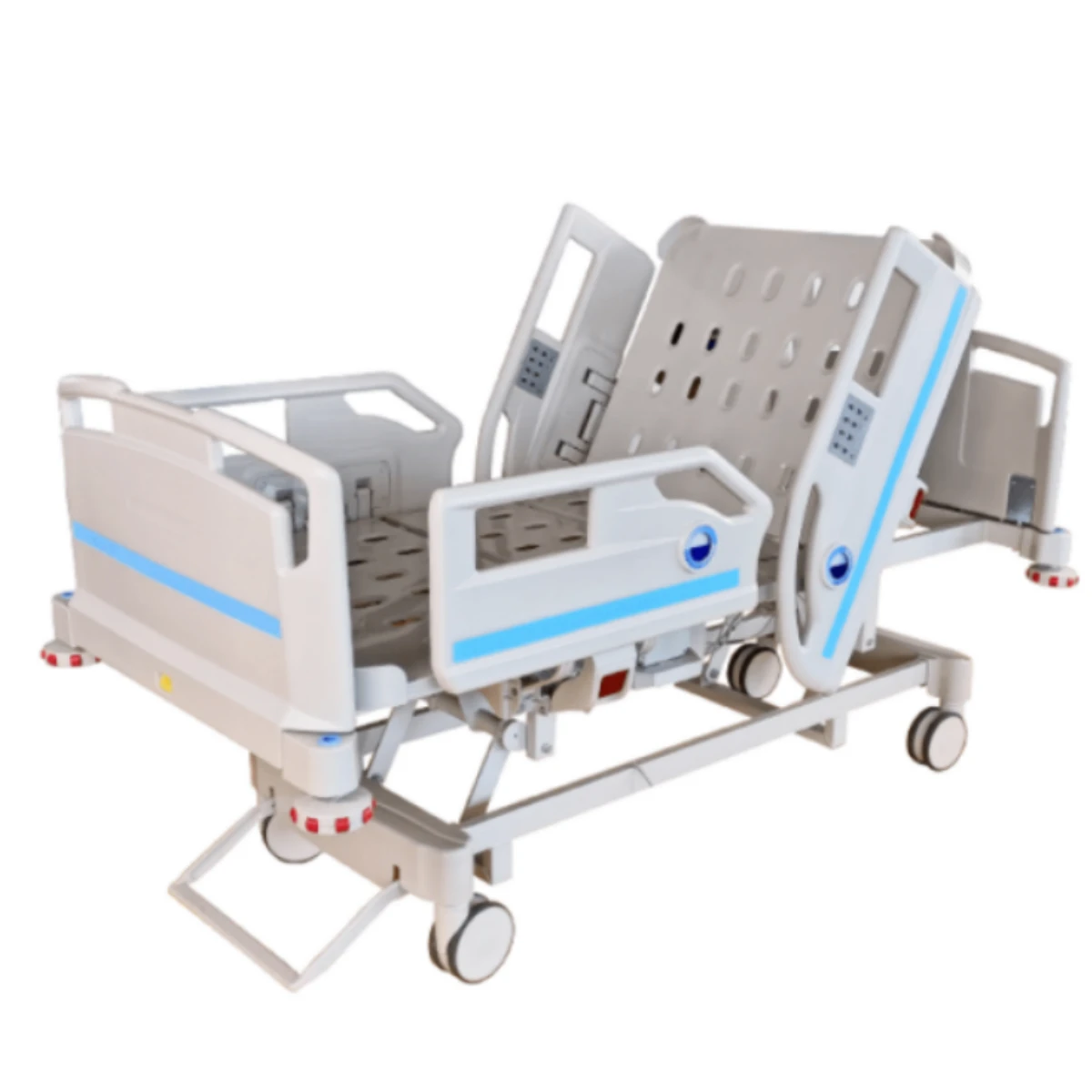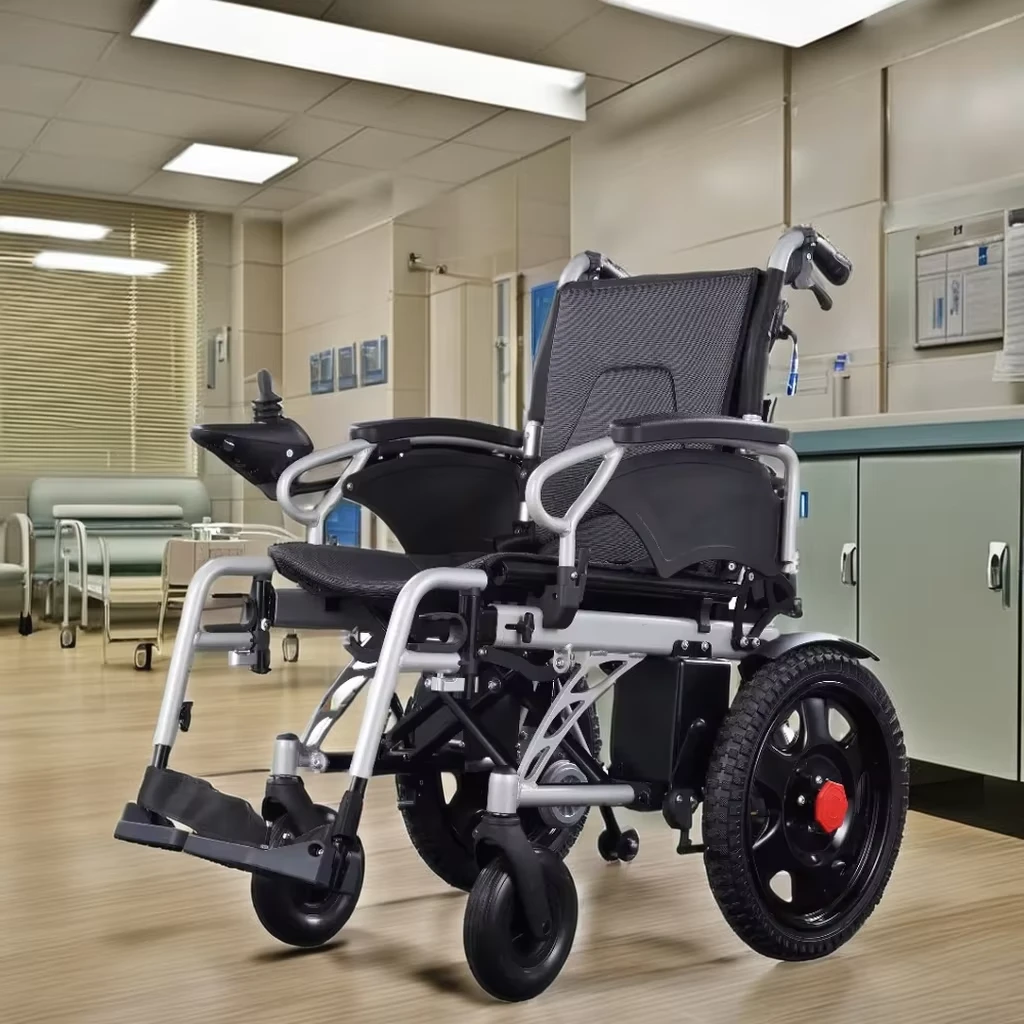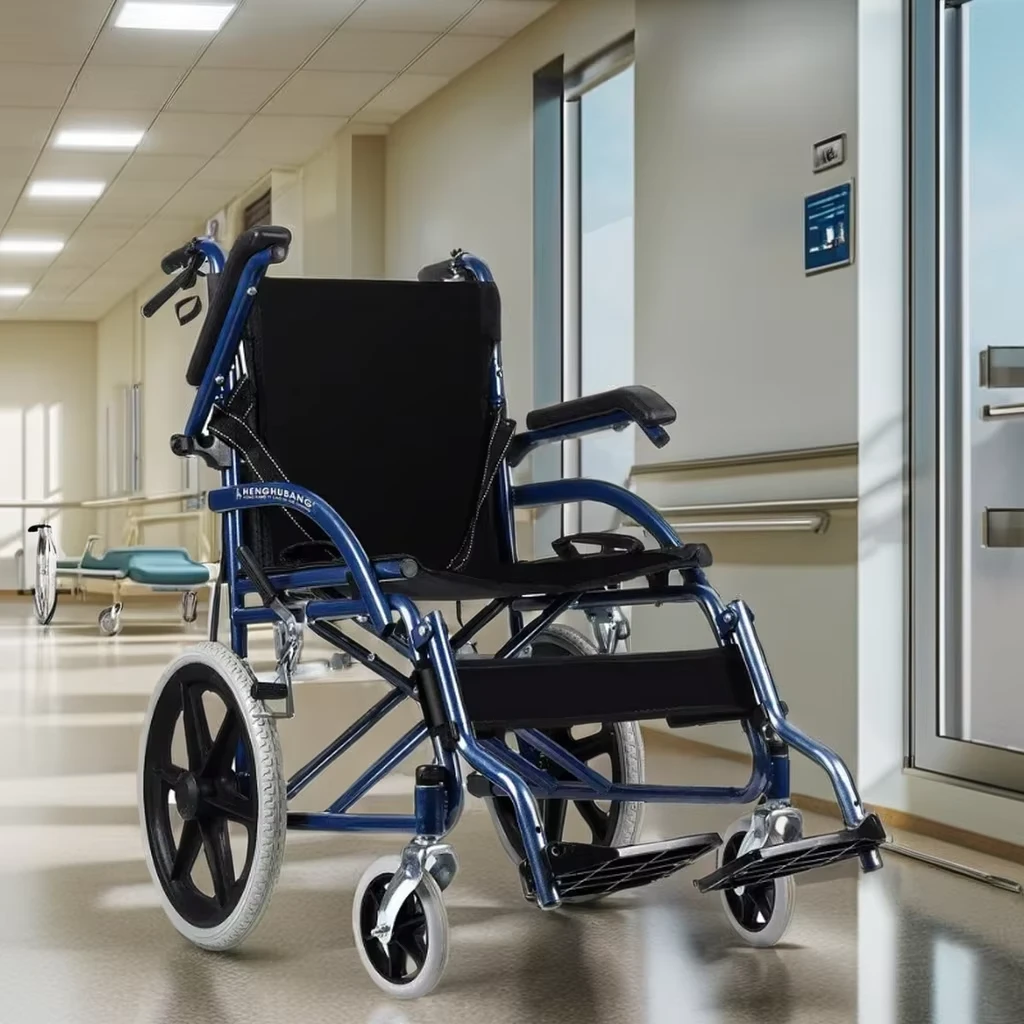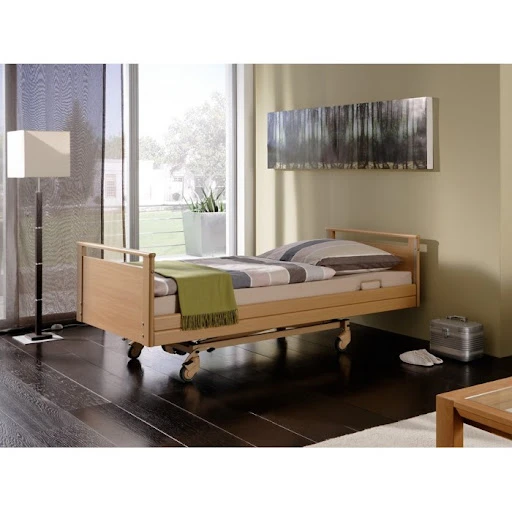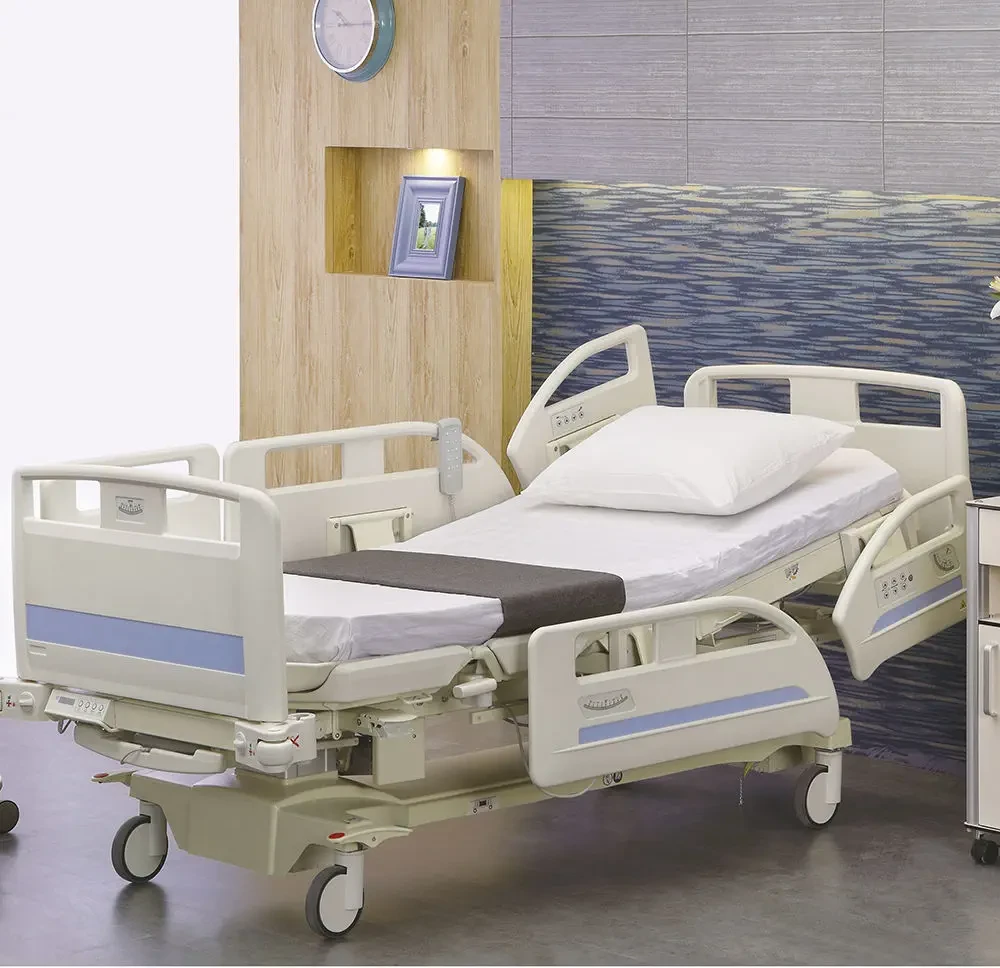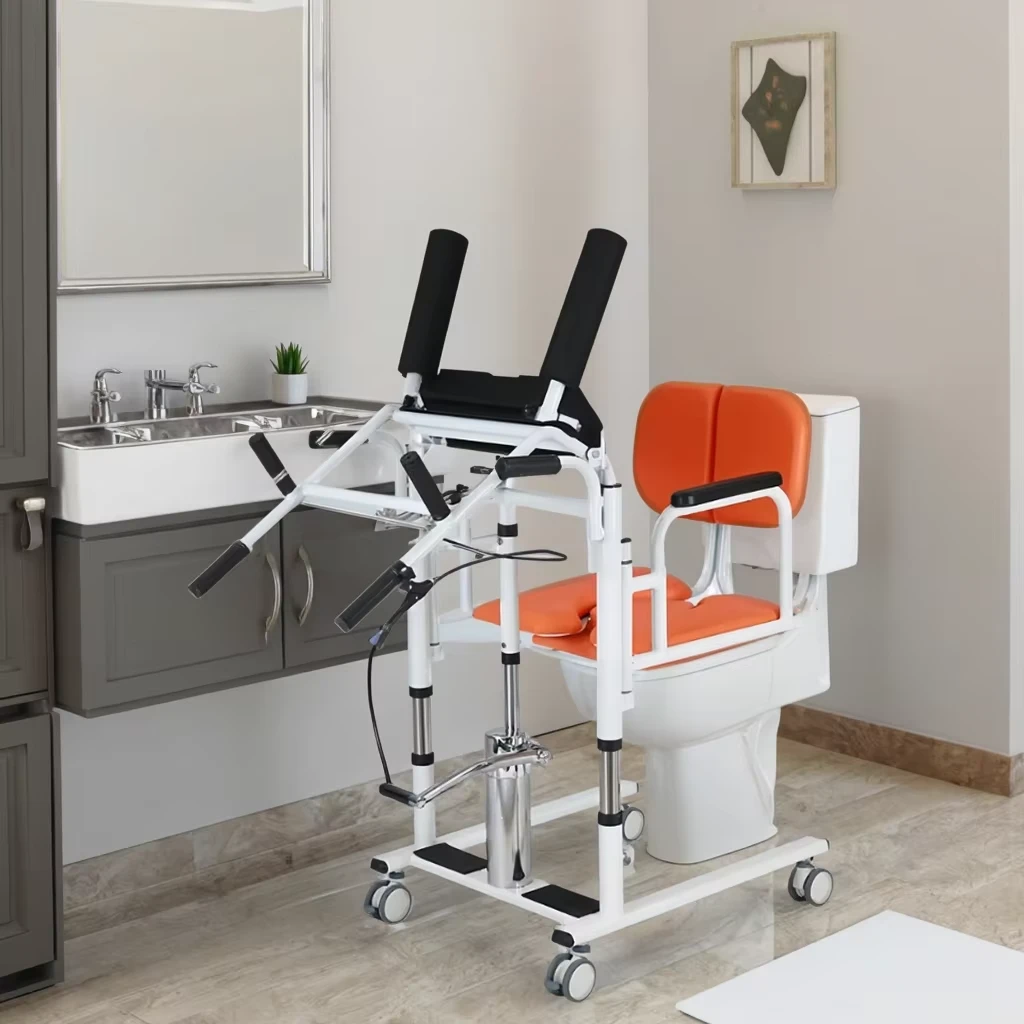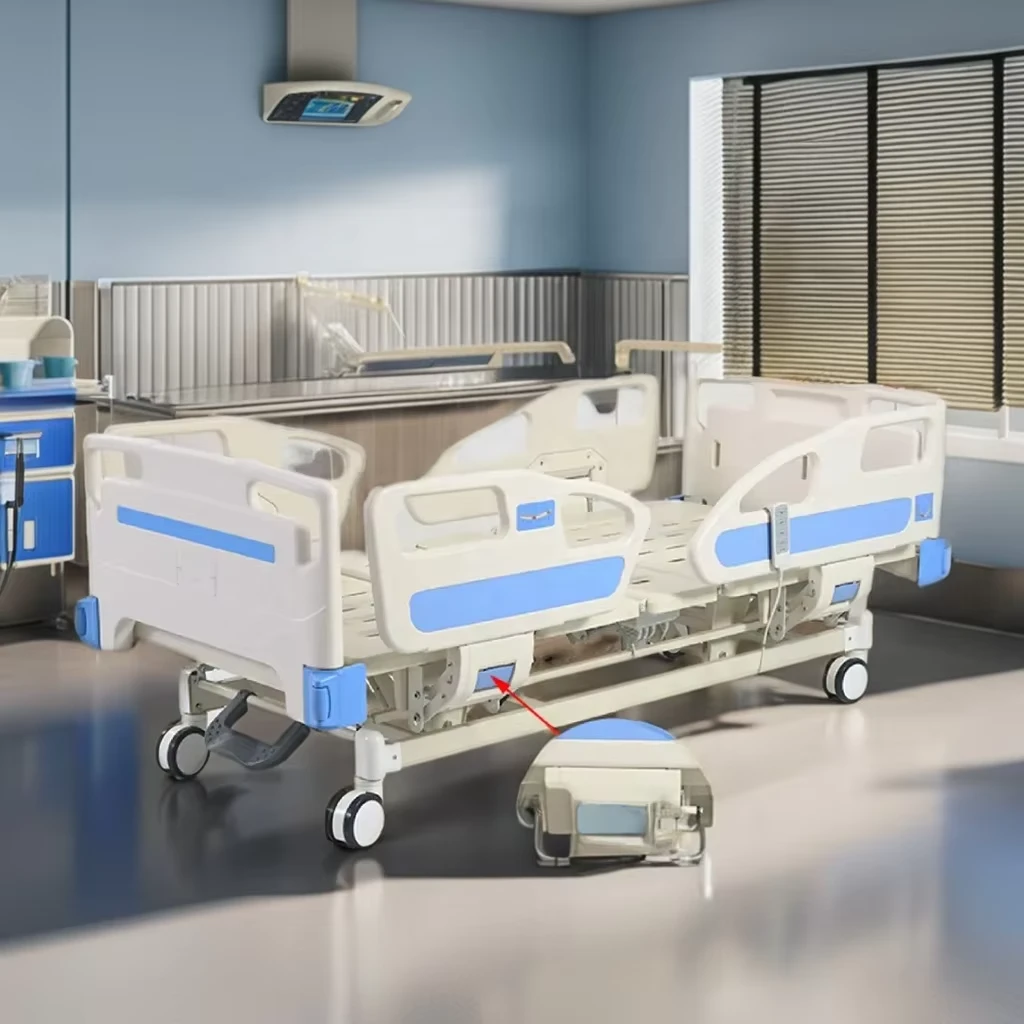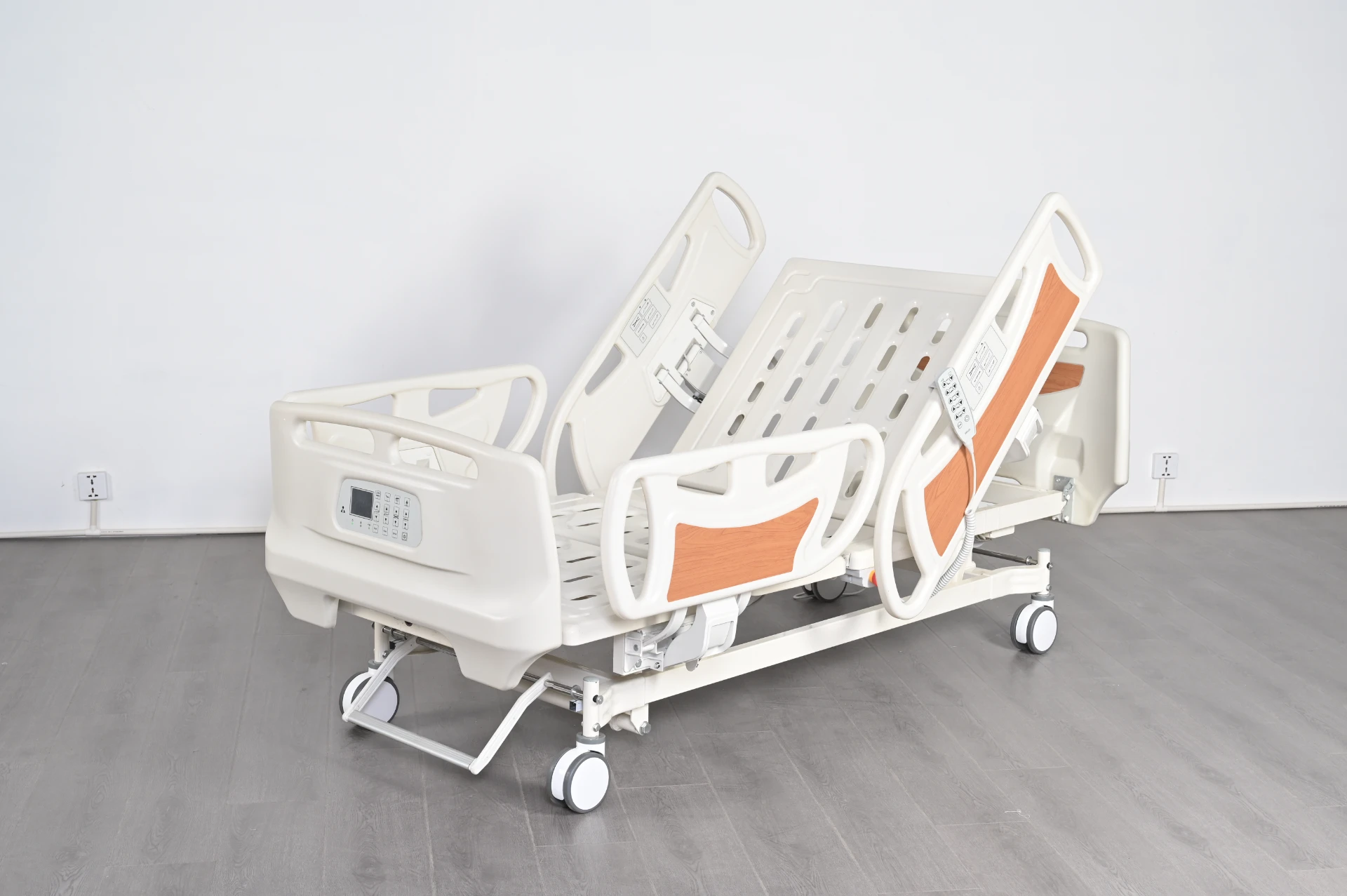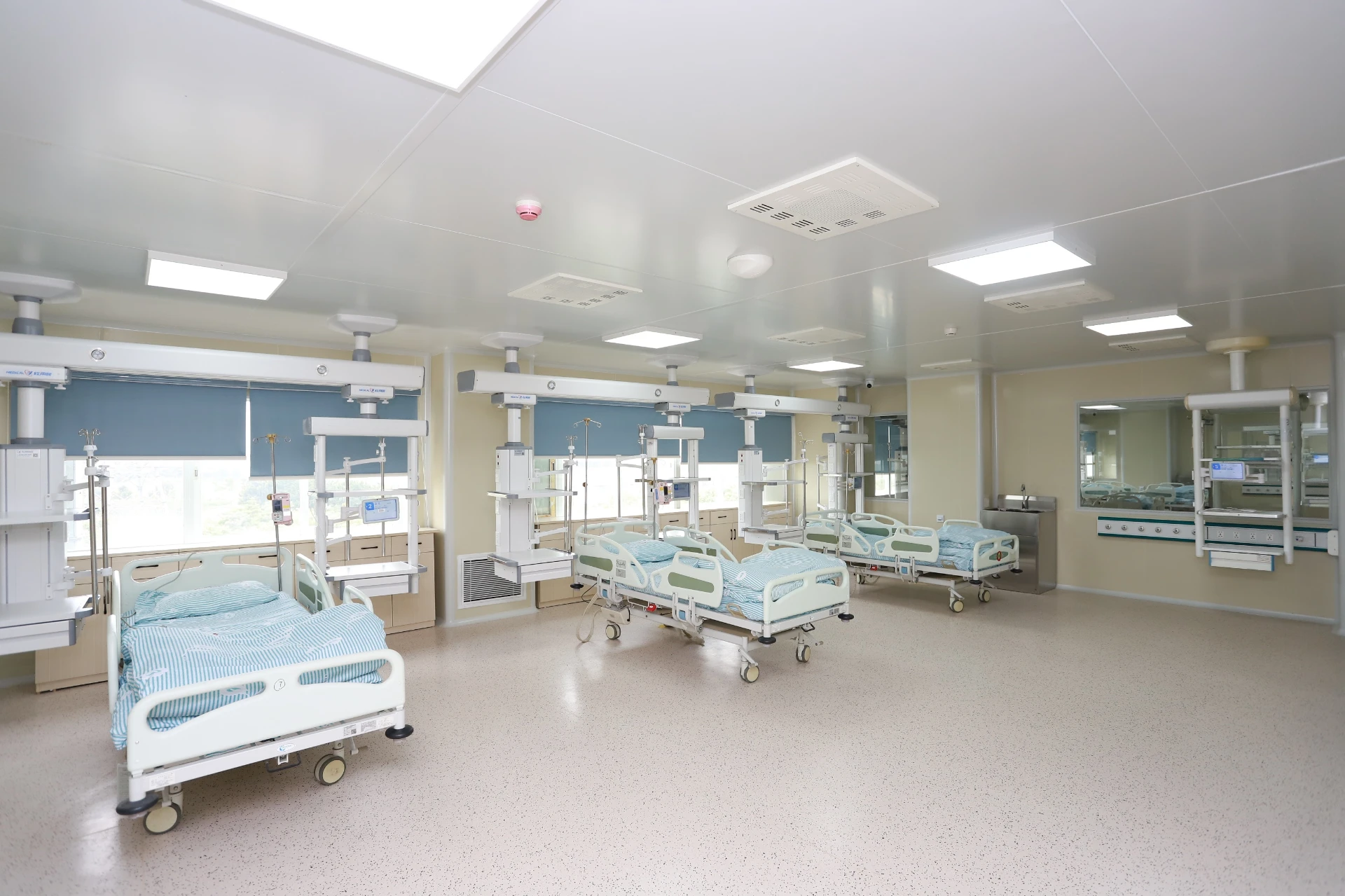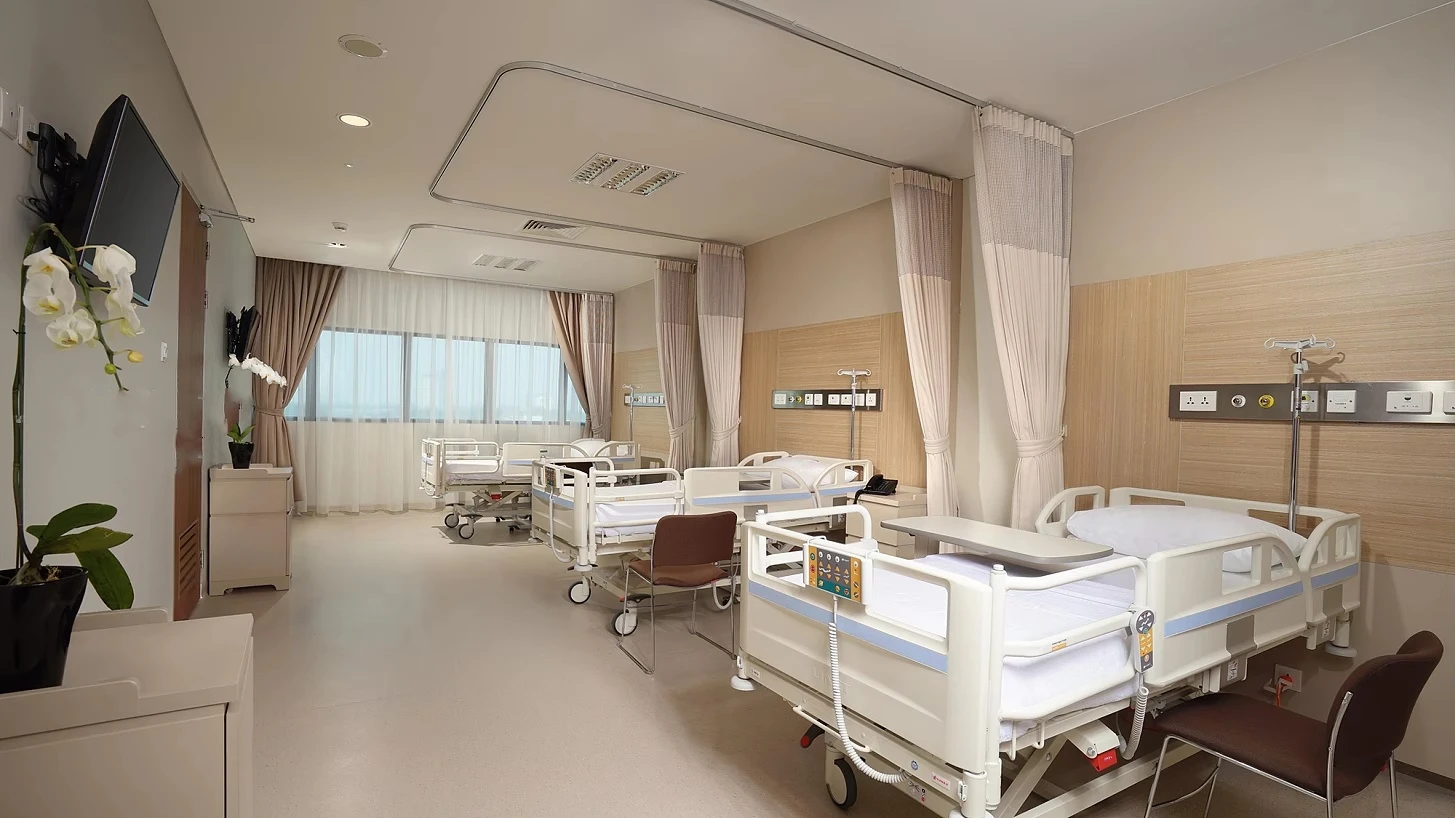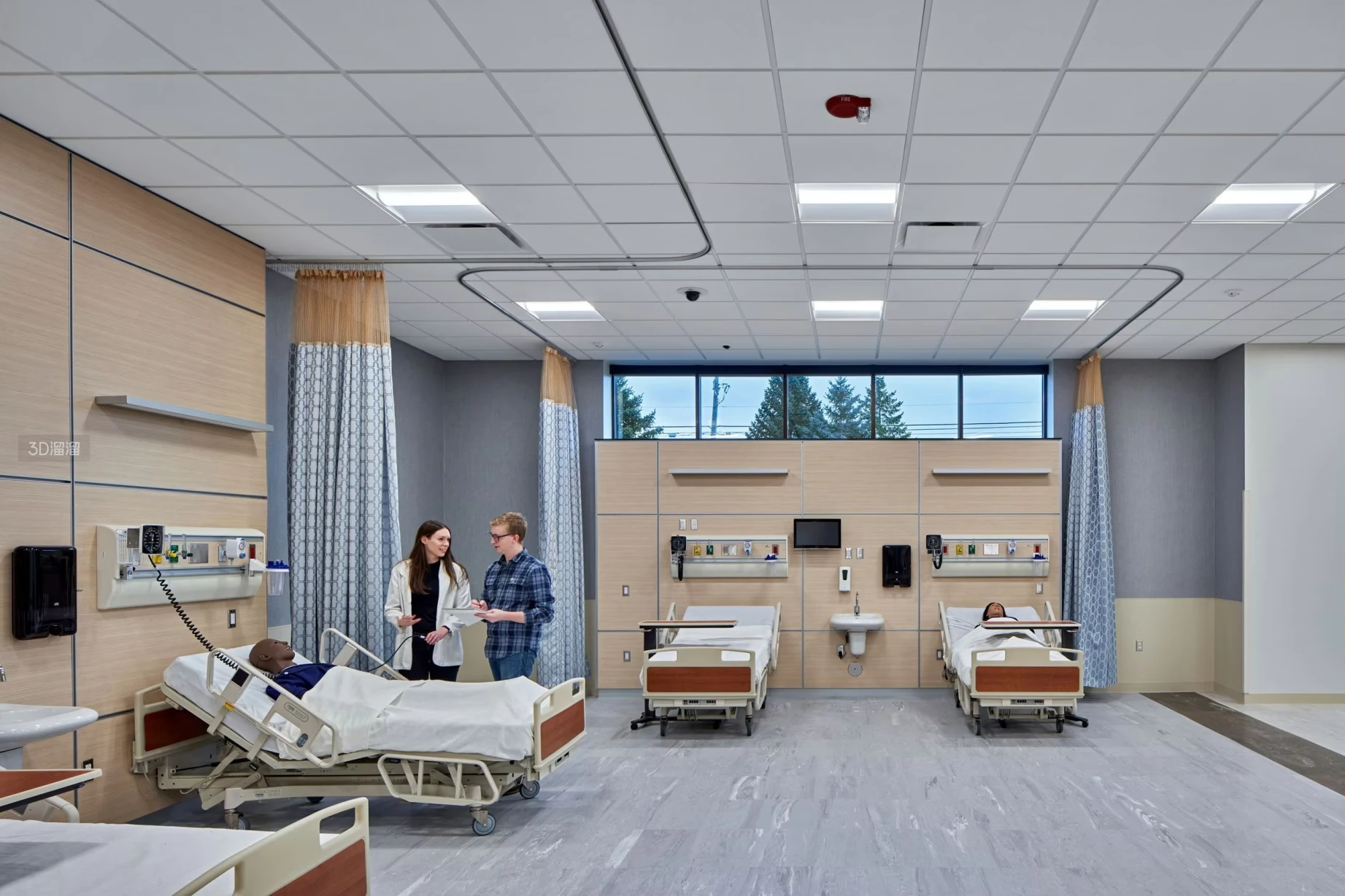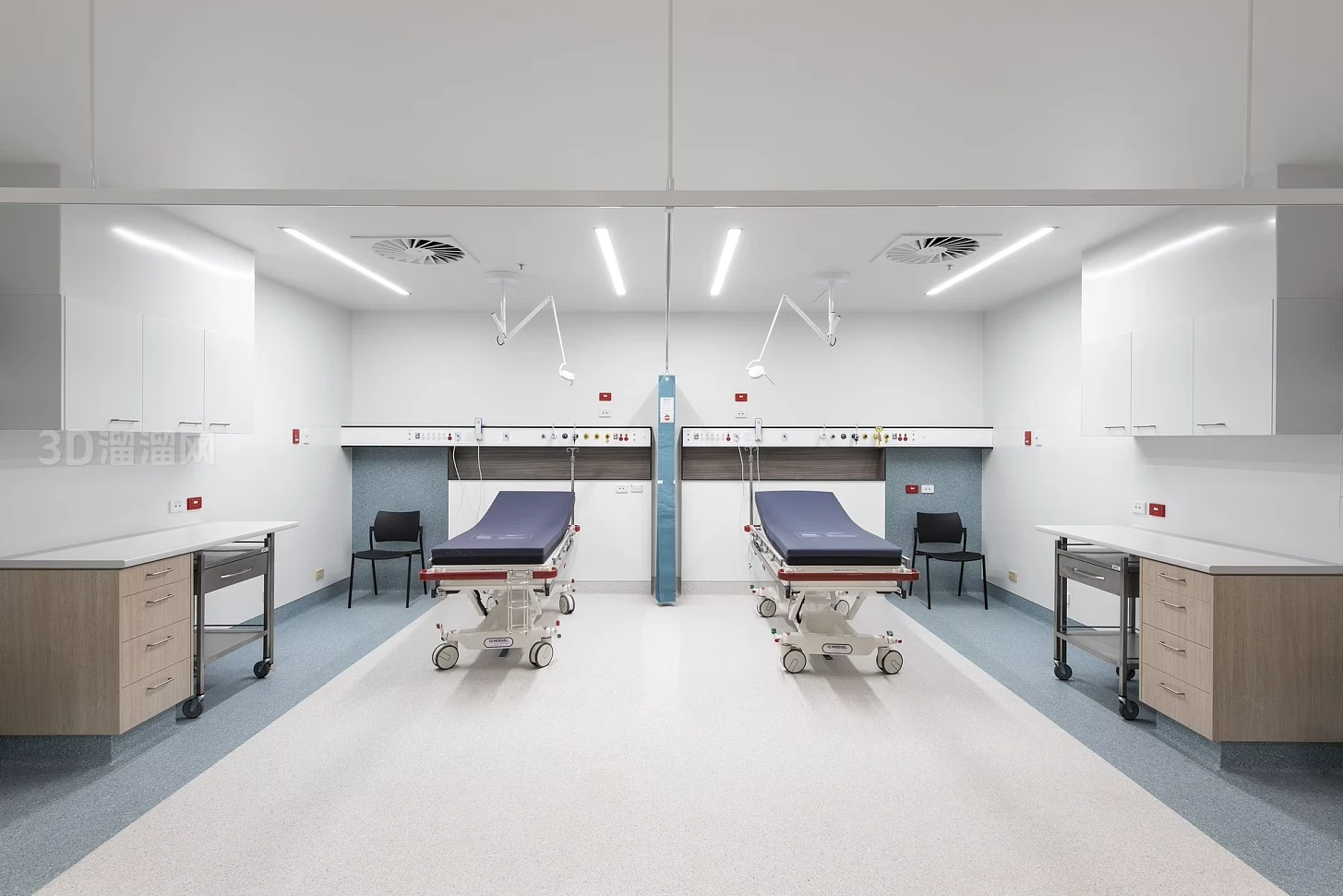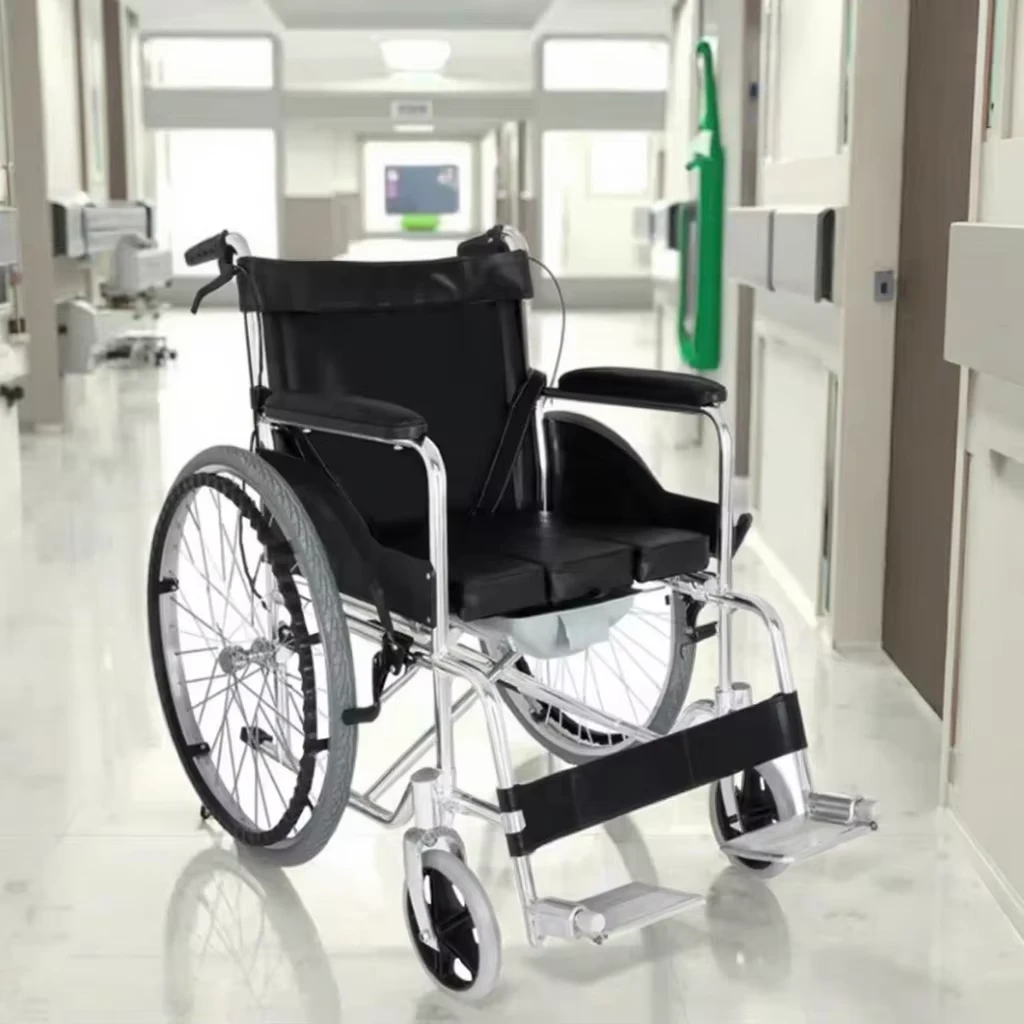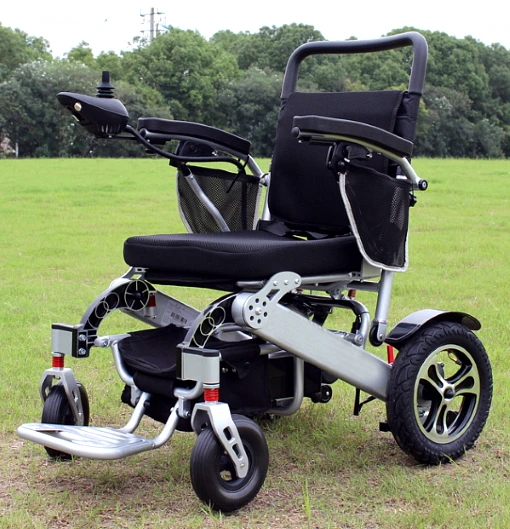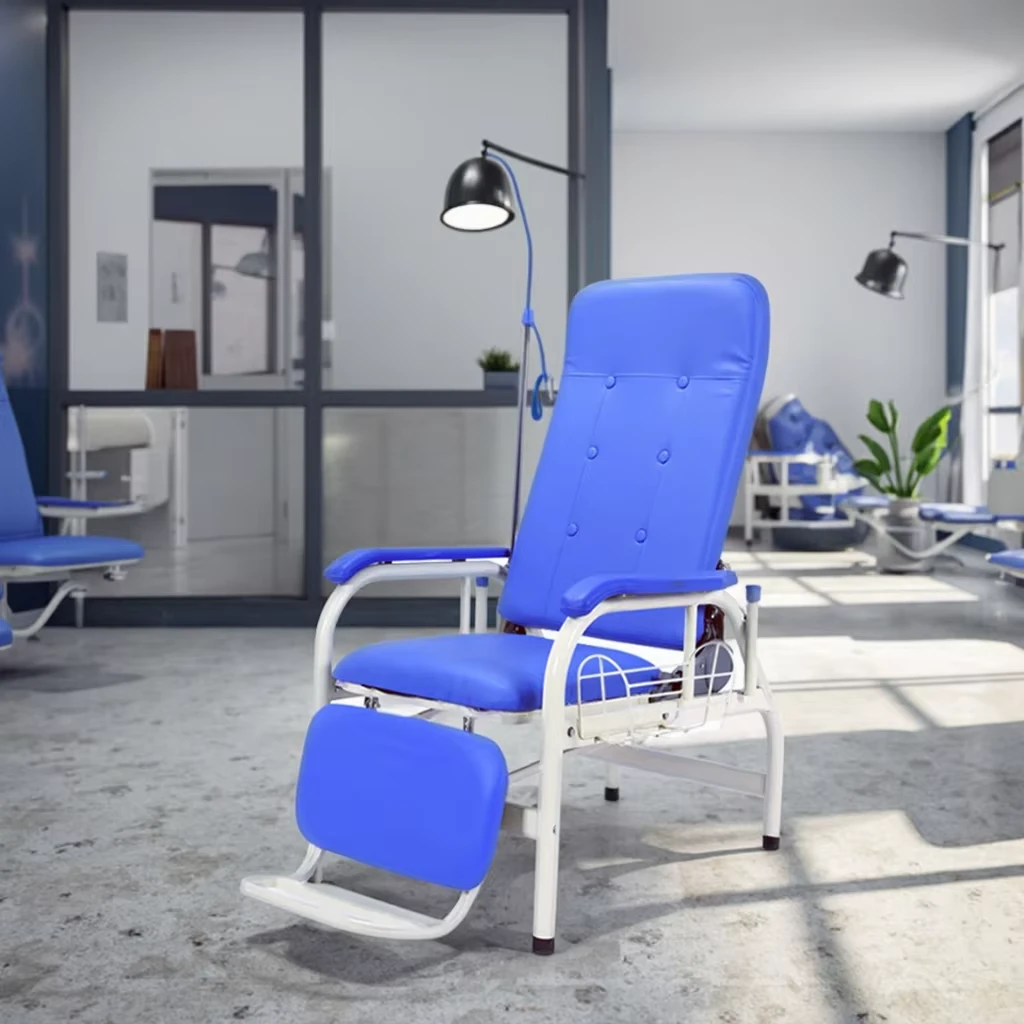Comprehensive Solutions for Hospital Furniture Needs
Hospital Furniture for Enhanced Healthcare Environments
Hospital furniture plays an indispensable role in shaping the functionality and comfort of medical environments. From inpatient rooms to emergency wards, carefully selected furniture supports both patient care and staff efficiency. Essential pieces include hospital beds, bedside cabinets, overbed tables, medical trolleys, and patient seating, each designed to meet strict hygiene and durability standards. These items are often constructed from materials resistant to cleaning agents and wear, ensuring longevity in high-traffic healthcare settings.
Beyond durability, hospital furniture design prioritizes patient comfort and accessibility. Adjustable hospital beds allow patients to change positions easily, helping to reduce pressure sores and improve circulation. Bedside cabinets and overbed tables provide convenient storage and surface space for patients and caregivers. Ergonomically designed seating supports patients and visitors alike, improving overall satisfaction within healthcare facilities.

Hospital Waiting Room Furniture Creating Comfortable Spaces
The design and quality of hospital waiting room furniture significantly impact patients' and visitors’ initial impressions of a medical facility. Waiting rooms must offer a welcoming, calming atmosphere while accommodating various patient needs and volumes. Furniture in these areas typically includes chairs, sofas, benches, and occasional tables that emphasize comfort and durability. Upholstery is selected for easy cleaning and resistance to stains, helping maintain a sanitary environment.
Seating arrangements are thoughtfully planned to maximize available space while ensuring privacy and accessibility. Features such as padded cushions, supportive armrests, and ergonomic backrests make wait times more bearable. In addition, some waiting room furniture is designed to be modular or lightweight, allowing for flexible layouts that can adjust to fluctuating patient flow. These details help reduce patient anxiety, improving their overall healthcare experience.
Reliable Medical Furniture Supply for Healthcare Facilities
A consistent and trustworthy চিকিৎসা আসবাবপত্র সরবরাহ is vital for hospitals and clinics to maintain smooth operations and meet evolving healthcare demands. Reputable suppliers provide a wide variety of essential equipment, including hospital beds, examination tables, medical carts, storage cabinets, and specialized furniture tailored to different departments. All products comply with healthcare industry regulations and often incorporate modular designs for easy cleaning and maintenance.
Efficient supply chains enable healthcare providers to replenish or upgrade furniture promptly, reducing operational downtime. Many suppliers offer customizable options to meet specific spatial constraints or clinical requirements. This flexibility ensures that each facility can source the right furniture that fits its unique workflow, patient demographics, and treatment modalities.
Specialized Psychiatric Hospital Furniture for Safety and Comfort
In psychiatric care settings, psychiatric hospital furniture must meet stringent safety requirements without compromising comfort or dignity. This specialized furniture includes anti-ligature beds, tamper-resistant seating, secure storage solutions, and impact-resistant tables designed to minimize risks associated with self-harm or injury. The materials used are robust and easy to clean, ensuring long-term durability in high-use areas.
Designers balance safety and therapeutic needs, creating environments that support mental health recovery. Rounded edges, hidden hardware, and smooth surfaces reduce injury risks, while carefully selected fabrics promote comfort and ease of maintenance. Such furniture also facilitates safe interactions between patients and healthcare staff, fostering a supportive atmosphere essential for effective psychiatric treatment.
Essential Hospital Room Furniture for Patient Care
Well-designed hospital room furniture is key to creating an environment conducive to patient recovery and efficient medical care. Critical pieces include adjustable hospital beds, bedside lockers, overbed tables, patient chairs, and medical equipment stands. These components are engineered for durability, ease of cleaning, and adaptability to diverse patient needs.
Adjustable beds allow patients to modify their positions for comfort and medical requirements, while bedside lockers offer secure storage for personal belongings. Overbed tables serve multiple functions, providing surfaces for meals, reading, or medical equipment placement. Chairs and recliners are included to accommodate visitors and encourage patient mobility. Integration with technology, such as built-in power outlets and compatibility with monitoring devices, further enhances the functionality of hospital room furniture, supporting modern healthcare delivery.
Hospital Furniture FAQs
What types of hospital furniture are essential for patient rooms?
Patient rooms require adjustable hospital beds, bedside cabinets, overbed tables, seating for patients and visitors, and medical carts. Each item must balance durability, hygiene, and comfort to support patient care effectively.
How does hospital waiting room furniture improve patient experience?
Comfortable, ergonomic seating with thoughtful layouts reduces patient stress and fatigue during wait times. Easy-to-clean materials maintain hygiene and create a welcoming environment.
Where can I find reliable medical furniture supply?
Reliable medical furniture is available from specialized suppliers who offer compliant, customizable products designed for various clinical settings, ensuring timely delivery and support.
What safety features are important in psychiatric hospital furniture?
Anti-ligature designs, tamper-resistant hardware, rounded edges, and impact-resistant materials are crucial to minimize injury risks while providing comfort and dignity.
Can hospital room furniture be customized to fit different healthcare settings?
Yes, many manufacturers provide customization to address unique spatial layouts, patient care needs, and integration with medical equipment, enhancing both functionality and comfort.



